|
Millions of skating fans are outraged over Adelina Sotnikova's gold medal in the Women's Figure Skating event at the recently completed Sochi Olympics. The International Skating Union (ISU) has been petitioned by a rabid internet populace to launch an investigation into the matter. What is being petitioned? Sotnikova's coronation engendered outrage from figure skating fans, a highly emotional response in defence of a beloved champion. However, the petition for an investigation is not solely about ensuring a second gold medal for Yuna Kim. There are practical reasons for the petition: the sport suffers from a lack of credibility due to the secrecy surrounding the way the sport is judged. The petition seeks to reveal which judges provided which sets of scores. It's the lack of transparency that lends itself to the widespread perception that the event was rigged to favour the Russian skater. From the change.org petition: Superior technical points for Sotnikova: This is the MAIN opposition we are getting. But I am not concerned about the technical points; yes Adelina's program was composed of "more jumps (by 1) and more difficulty" I do NOT doubt that. What this WHOLE petition is concerned with, at least for my rationale for organizing it, is the GOE's (Grade of Execution) for both SHORT and FREE program which are grades given by judges to how the skater performed each jump/skill - I demand this SUBJECTIVITY to be TRANSPARENT and NOT ANONYMOUS ANYMORE! View the scores from the short and long programs.
In figure skating, athletes are often rewarded for their body of work, or ability to consistently produce high quality routines. More succinctly, skaters benefit from having a certain "pedigree" when it comes time for the judges to reveal their scores. Throughout the course of a figure skating season, judges will have seen a skater perform their routine at multiple events; there is no mystery when they step onto the ice to skate for gold. How then, did Sotnikova improve her performance so drastically on the biggest stage? This is something that baffles Kurt Browning. How could Sotnikova better her previous best by such a wide margin in such a short period of time? Figure skating is different from most athletic competitions in that the medals are not decided by who has the fastest time, or who jumps the highest or farthest. It's decided by an anonymous panel of judges who give their subjective assessment of a fast-moving sequence of events on the ice. At least when the sport used the 6.0 scale for technical and artistic merit, the nationality of each judge was attached to his/her score. Now, the ISU utilizes a much more complex, but equally abstract, method that is far more confounding for the fans. The change in scoring system was implemented in 2005 in response to the 2002 Olympic scandal. Yet, here we are, questioning whether corruption has reared its ugly head yet again. Given no clear understanding of how the skaters are judged, we can only rely on comparisons. It's the only way to make any sense of the sport when the numbers are so inaccessible. How did Sotnikova score higher than Mao Asada in the free skate? If the argument is that Adelina landed one more triple jump than Yuna, then what about Mao's flawless skate that included a perfectly executed triple axel? Of course, Mao could not win the overall title after a poor short program, but shouldn't she at least beat Sotnikova in the long program? In a sport that is already saddled by too much subjectivity in its scoring, these types of clear inconsistencies only serve to exacerbate the problem even further. This is not just a matter of Sotnikova's performance versus Yuna Kim's. Some believe that Carolina Kostner skated a better program than Sotnikova; Kostner landed as many triple jumps as the gold medallist, and is held to be vastly superior in the components department. All this means that, as many as three women could lay legitimate claim to have beaten Adelina in the free skate. The most puzzling point of comparison is between Sotnikova's Sochi free skate and Yuna Kim's Vancouver world record skate. Sotnikova was awarded 149.95 in Sochi while Kim scored 150.06 four years prior. Are we to believe that the judges (albeit not the same panel) view the performances as essentially one in the same? There is a very wide gap between the two. How do we explain all these discrepancies? That this story has not gone away shows it is not just sour grapes from bitter Yuna Kim fans. Hopefully the petition leads to some answers. It's not enough to retroactively award a gold medal to Yuna Kim. She's already lost out on the glory of the moment, that is gone forever. At least the International Skating Union has an opportunity to ensure that this sort of thing doesn't happen again. This is bigger than Yuna Kim, it's about the betterment and long-term survival of the sport. Further reading: overview of the situation via Christine Brennan at USA Today, including some possible avenues for investigation regarding the make-up of the judging panel.
2 Comments
Jason Collins will be the answer to many trivia questions for decades to come. Tonight, he became the first openly gay athlete to play in any of the four major U.S. pro leagues. The likes of John Amaechi and Robbie Rogers have helped pave the way for this moment to finally happen. There’s also been countless straight allies who took up the cause of ensuring we, as a society, challenge the way we view sport, sexuality, and masculinity. Michael Sam will soon follow in Collins’ footsteps, and then many more. Tonight was a historic and crucial first step to realizing a more inclusive society. Also, check out Dave Zirin’s thoughts over at The Nation. Watch below as Collins enters the Lakers-Nets game. Venus Williams capped a stunning week of tennis in Dubai with a 6-3 6-0 demolition of Alizé Cornet in the final. For Venus, it was her first WTA title since Luxembourg in 2012, and first Premier level win since a successful defence of this same tournament in 2010. The win ensures her re-entry into the top-30 of the WTA rankings; she began the week at #44. Perhaps the most remarkable part of Venus' run in Dubai was that she didn't lose a set all week. Long 3-set tussles have become a feature of her matches in recent times; she's been unable to sustain a high level long enough to close out matches. She had no such problems in all five matches, routing each opponent save for Flavia Pennetta in the quarter-finals. When Venus struggles, her game can often be unsightly: the grimaces, aborted ball tosses accompanied by a distressed "sorry", and a barrage of unforced errors as she tries to hit her way out of trouble. The beauty of her play this week was how well her game flowed; there was a mixture of power, elegance, and surety that has been missing for some time. She attacked with purpose in all five wins. Sometimes, her relentless aggression feels more stubborn than anything else, unwilling to adapt to a different game plan mid-match. But, she managed to pick her spots in Dubai. There was a purpose to her shot making that warned her opponents she was confident enough to defend her end of the court and control rallies at will. Williams has always possessed a stellar net game, but rarely moves forward enough during matches. Her confidence propelled her forward with much more regularity this week. The touch and aggression at net was a sight to behold: her wingspan makes for such a striking visual, especially when executed so expertly. This has to be part of her game plan moving forward; she's got too good a volley to be so devoted to the baseline. What does this win mean for Venus for the rest of the year and beyond? Although the tournament win was a big surprise, it didn't come out of nowhere. Her first tournament of the year, in Auckland, yielded a run to the final where she lost to Ana Ivanovic (Venus avenged that loss in the Dubai second round.) So, from four tournaments, Williams has 10 wins, one title, one final, and a host of wins against some really good players. All this after a deep run to the Tokyo semis at the end of last season. At this point, all signs point to a legitimate resurgence: she seems better able to manage her Sjogren's Syndrome, resulting in more practice time and better, more consistent results on court.
Consider that many, myself included, gave serious thought to whether Venus could ever win again. Now, her career is on a major upswing. If she's able to carry this form throughout 2014 and stay healthy, Venus might well find herself back inside the top-10 by year's end. Moreover, what kind of damage could she do to the Wimbledon draw playing like this? For now, it's time to savour a very sweet victory. The reality is, at almost 34, there's no telling how many more of these moments we'll be able to witness. BTW, how amazing is that jacket Venus wore after the match? Her EleVen fashions have been on point lately. I don’t have the words to fully describe what Venus is doing in Dubai this week. She’s turned back all opponents with such ease: Vesnina, Ivanovic, Pennetta, and now Wozniacki - all straight set victories.
When both Serena and Venus reached the semis, it seemed an all-Williams final was a certainty provided Venus could beat Caroline. With Serena’s shocking loss to Cornet, now Venus has a clearer path to a first title in well over a year. This is V’s second final of 2014, after losing the Auckland title match to Ivanovic. Despite a first round loss at the Australian Open, she’s turned in a really solid start to the season. Of course, we know that her Sjogren’s could rear its ugly head at any point, but this is such a fantastic run! If she beats Cornet tomorrow, Venus will be on the cusp of cracking the top-30 once more. Given her current form and obvious pedigree, a return to the top-10 now looks like a real possibility by year’s end. One of my wishes for 2014 was a tournament win for Venus. How amazing that it might happen at an event of the calibre of Dubai? Yes, she’s won it the last two times she played (‘09 & ‘10), but this would still be such a pleasant surprise. What’s more is that she’s oh so deserving of the success she’s had this week, and hopefully will have going forward. Venus, you are a legend and an inspiration. Good luck tomorrow, I’ll be rooting for you! Where to start? How about one of the most nonsensical things I’ve read about the travesty today? Michael Rosenberg at Sports Illustrated wrote an article arguing that Adelina Sotnikova "earned the gold." He argues the cries of fixing make no sense: Now, if Russian officials wanted to fix the ladies’ free skate, why would they fix it so their second-best skater would win? How does that make sense? I guess it’s possible that Sotnikova associates set up the whole thing, but again, I’m going to need at least a bit of evidence. This makes no sense whatsoever.
Lipnitskaya skated before Sotnikova in the short program and fell. It’s pretty hard to “fix” something in favour of a skater who has already fallen. Sotnikova followed and skated well. While she might have been viewed as the second best Russian skater entering the competition, the so-called fixers could have then shifted their focus to the skater who actually stood a chance of winning. There are many problems with how figure skating is evaluated. We don’t really know anything about the judges, and the secrecy surrounding their scores/lack of transparency make it hard for casual fans to resist crying foul when what they see on the ice is not reflected on the podium. Yes, Adelina had one more jump than Yuna, but there's no credible way for the judges to have scored them so closely in the component department. Sotnikova skated very well, maybe even brilliantly. But, to score her so close to Kim in the component department is ludicrous. The writing was on the wall from the short program. How did Lipnitskaya deserve 5th place after falling? The scores for both Russian women were inflated in both programs. Corruption is not a new thing in figure skating, and this result didn’t surprise me. But, Yuna Kim was robbed of her place in history alongside Katarina Witt. Just as there’s no evidence to confirm that the fix was in, there’s none to disprove it either. In the interim, we can only go by the smell test, and this smells very fishy. As I’ve stated before, I think this was payback for Plushenko’s silver medal in Vancouver.  Photo credit: Brandon Wade/AP Photo credit: Brandon Wade/AP Michael Sam, NFL prospect and current SEC Defensive Player of the Year, has positioned himself to become the first openly gay athlete to play a game in one of the "Big 4" American professional leagues. He burst through the proverbial closet on February 10th when he disclosed his sexuality to the world in an ESPN interview. For the longest time I thought an established star would be the first to break the barrier; I never considered it being an undeniable talent rising through the ranks of collegiate sport. Still, Sam playing in the National Football League is not guaranteed. Before he came out, pundits expected him to be drafted between the third and fifth rounds. Now, he faces even more scrutiny as he heads to the all-important NFL Combines. The trouble for Sam is that his entry into the NFL is now subject to talent evaluators determining whether he has the skill to succeed in the league. Indeed, when people discuss this issue of the first openly gay athlete in major U.S. professional sport, they often quip, "the only thing that matters is whether he can play or not." Unfortunately, having never suited up professionally, deciding whether Sam is good enough can be very arbitrary stuff, with decisions made behind closed doors and no explanation necessary one way or another. Moreover, this process is conducive to a team being able to cloak its homophobia and pass off Sam going undrafted as a failure on his part. Thus, his performance at the Combine will be critical - numbers don't lie.
I'm surprised sport teams haven't embraced the chance to market the first openly gay athlete. Surely there's money in it for owners to have a successful out athlete on their team? Is the homophobia in "Big 4" sport that dense that even the almighty dollar can't cut through it? I suspect much of the resistance to an openly gay player on an ownership level has a great deal to do with the demographics of that group. The owners tend to be older, white, and male - stereotypically unsupportive of LGBT folks. Fortunately for gays in sport, young people support gay issues in vastly disproportionate numbers to older generations. The truth is, times are changing. The gatekeepers of homophobia in sport can stem the tide for only so long before the youth of today and tomorrow say "no more" for good. It really is that simple. Young people, by and large, have no interest in withholding anything from gay people. They've gone to school with out students, lived in neighbourhoods with gay parents. They've been able to unlearn the homophobia passed down from generation to generation. Michael Sam has also benefited from the strides made by countless others in the recent past. People were very quick to discredit or brush aside the comings out of Jason Collins, Robbie Rogers, Tom Daley etc. Yet, we should not discredit their importance in making the narrative of an out gay athlete feel familiar and more comfortable when confronted with someone like Michael Sam. While none of them has played a game as an openly gay athlete in the NFL, MLB, NBA, or NHL, they have each forced us to have a conversation about it. Additionally, all these athletes have dispelled the myth that masculinity and homosexuality are incongruous. What Michael Sam may be about to achieve is the realization of the hard work of many people across a variety of sports. The Burke family have put their hands up for making professional hockey an inclusive place for LGBT folks. Brian Burke, long time NHL executive, has continued the work of his late, openly gay son, in supporting LGBT charities. He's even marched in multiple Pride parades to honour his son's legacy. This is partly what makes the gay rights movement so powerful: it's fathers standing up for their sons, kids knowing that their aunts and uncles have been treated unfairly their entire lives and saying "no more." It's deeply personal. These interpersonal relationships are invaluable towards breaking down stereotypes and unlearning prejudice. In recent times, there has been a landslide of momentum in favour of gay rights in the United States. President Obama has become increasingly on board with the movement, and has likely hastened its progress with his "evolution" in recent years. More and more states are deciding gays should have the right to marry. It's time for big time professional sport in America to catch up with society. If, for whatever reason, Michael Sam doesn't make it to the NFL in 2014, it is still only a matter of time before someone else comes along to achieve what we hope he will. In the hyper-masculine world of American professional sport, I am certain there is now room for Michael Sam. Athletes and fans will adjust to the newly gay-inclusive sporting landscape, and the world will not end - it will be better for it. Women's figure skating is the marquee event of the Winter Games. In previous years, it has provided some all-time thrills and gifted unforgettable performances and drama. Katarina Witt won back-to-back gold medals in 1984 and 1988. The Lillehammer Games featured the Nancy Kerrigan/Tonya Harding saga that brought unprecedented attention to the sport. Four years later, 15-year-old Tara Lipinski beat fellow American Michelle Kwan after a toe-to-toe free skate.
Sadly for NBC, there are no American favourites for gold this year (sorry Gracie). Instead, the title promised to be a hotly contested battle between defending champion, Yuna Kim, and 15-year-old Russian phenom, Yulia Lipnitskaya. Kim skated a pristine program to capture the lead after the short program. Meanwhile, Lipnitskaya fell during her performance and sits in 5th place heading into the free skate tomorrow. How Yulia scored so highly in spite of a fall is beyond me. Fellow Russian, Adelina Sotnikova, landed all her jumps to finish 2nd, marginally behind Yuna. For me, Carolina Kostner (3rd) skated a better program, but this event is being contested in Russia after all - nothing like a little home country boost from the judges. In a sport typically dominated by young girls, Kostner, 27, gets better with age. The 2011 World Champion and 5-time European gold medallist, Kostner now has a chance to cap her career with an Olympic medal tomorrow. The real shocker of the short program was Mao Asada. The reigning Olympic silver medallist and two-time World Champion, fell on her opening triple axel and later doubled a planned triple jump. She pushed the envelope in going for the triple axel when a double would have served her just fine, and paid the price. Still, 16th place was a shocking result considering how immaculate the rest of her skating was. An early medal favourite, Mao needs the skate of her life and some help from the leaders, to make up the staggering ground she ceded today. Yuna Kim is exactly where most expected her to be after the short program. Still, the favourite will have to bring her unquestioned best tomorrow to overcome a home crowd and judging panel that will be itching to crown one of the Russian contenders. In Vancouver four years ago, Kim summoned two world record performances to capture gold. Her pedigree is a cut above, regardless of what the judges have to say. A very special place in history - alongside Katarina Witt and Sonja Henie - awaits her tomorrow as the only women to win back-to-back Olympic titles. BELOW: Rankings after the short program. Olympic coverage is always riddled with contrived stories, designed to humanize athletes and tug at the heartstrings of viewers. It’s usually saccharine to the point of unbearable. This story, however, I just can’t get enough of. Kudos to Gus Kenworthy for keeping the plight of stray dogs in Sochi in the forefront of Olympic coverage. Prior to the start of these Olympics, the Russian government ordered the mass killings of stray dogs so as to present to the world a pristine image of its Games. The truth is, no matter how hard Putin and the IOC try, their Games cannot drown out the voices of those won't stand for the injustices in Russia. Kenworthy has done his part for the dogs, but the feel-good story should not divert our attention from the many other travesties in Russia. The International Olympic Committee and Vladimir Putin would love for us to focus only on these fluff stories, while countless Russians continue to suffer at the hands of the oppressive Russian regime. LGBT rights have been a hot button issue leading up to and during these Olympics. Putin has arrested protesters who object to his government's anti-gay laws, while companies and activists have been vocal in their opposition. Punk rock band "Pussy Riot" has been relentless in efforts to draw attention to the situation. Police have attacked and arrested band members for their protests, refusing to let the media settle into solely covering the Games. Earlier, the International Olympic Committee said it would be "wholly inappropriate" for the Russian punk group to protest at Sochi Olympic sites. The IOC is utterly clueless in maintaining the Olympic Games be free from political protest. Rather than embrace its potential to put pressure on the Russian government, and better the lives of millions of people through the Olympic Movement, the IOC insists on clinging to its doctrine that Olympic sport and politics should not mix. Money is the bottom line for the IOC, and Russia can count on its hands off approach to sweep its social and political ills under the rug. Gus Kenworthy's adoption of these stray dogs is heart-warming, but like the Olympics, it doesn't exist within a vacuum; we should not forget the political reasons why it's become such a big story. Thomas Bach and the IOC won't put pressure on Vladimir Putin, so it's up to global and social media to ensure the socio-political scrutiny remains squarely focused on Sochi 2014. BELOW: Check out one of many video reports on Gus Kenworthy and his puppies. SWEET REVENGE: Venus Williams torched Ana Ivanovic 6-2 6-1 to set up a QF meeting with Flavia Pennetta in Dubai. The Serb got the better of Venus at the start of the year, winning the Auckland final in 3 tough sets. Today, no such luck as Williams overpowered her from start to finish.
Since being diagnosed with Sjogren’s Syndrome, Venus Williams has often followed impressive wins with complete duds. Her first round mauling of Elena Vesnina would have, in years past, announced her as a serious contender in Dubai. But, with this incarnation of Williams, it’s a day by day model of doing business. Perhaps Ivanovic was hindered by having played a tough 3-set match the day before against Angelique Kerber? Maybe Venus was just too strong today? A combination of both? Regardless, it’s now two convincing wins in a row for V - she continues to look healthy and seems to be gaining confidence. The Dubai draw is now wide open. Radwanska and Kvitova both crashed out today, leaving the following quarterfinal match-ups: Serena v Jankovic Suarez Navarro v Cornet Wozniacki v Cirstea Venus v Pennetta V is 3-4 lifetime against Pennetta, and precisely the kind of opponent that has given her trouble in the past - scrappy, solid from the ground, and who will defend for days. Still, the next two matches are very winnable. It’s so hard to not look ahead to a potential all Williams final. Check out highlights of the match here. Genie Bouchard’s semifinal performance at the Australian Open cemented her place as a talent to watch, as well as a potential marketing star for the WTA. Unsurprisingly, Bouchard was called upon to promote the WTA’s “Road To Singapore” right after the Australian Open.
It’s a tale as old as time in women’s sport. We’ve seen it before in tennis with Anna Kournikova, Ana Ivanovic, and Maria Sharapova. Moreover, the WTA got off the ground due in large part to the prowess of Chris Evert’s game and her “All-American” looks. That the WTA would pounce on Bouchard and her image to promote the tour follows the blueprint of so many who have come before. Chris Evert joined Eugenie on the trip to Singapore. As a pair, the two make perfect sense from a marketing standpoint. Pictures of the two together convey so much without having to say a word. Bouchard standing beside Evert makes a powerful claim for her game and adds new expectations for her going forward. But, why not Sloane Stephens? Better yet, if the goal is to promote the future of the WTA tour, why not Stephens and Bouchard together? After her performance in Melbourne, Eugenie rose to #19 in the world rankings, one spot behind Stephens. What better time to nudge the two budding stars together? Perhaps Sloane was asked and declined. Maybe Simona Halep, 22-year-old world #10 wanted to participate, but her schedule didn’t permit a trip to Singapore? Was this campaign planned before Genie’s run to the semis in Australia? Regardless, what’s likely is that the WTA zoned in on Bouchard and her girl-next-door looks, at the expense of other players who might have been just as appropriate for the job. The truth is that Bouchard has yet to win anything of significance. Yes, she was named the 2013 WTA Newcomer of the Year, but she has never won a WTA title. Meanwhile, Simona Halep is coming off a 2013 season in which she won 5 tournaments as well as the WTA Tournament of Champions. Yet, the WTA is so eager to push Bouchard as the next best thing. I don’t know the planning that went into this campaign and how the WTA arrived at Chris Evert and Genie Bouchard for this project. Still, it’s important to ask questions that may help us understand what role, if any, race might have played in the proceedings. Again, why wasn’t Sloane chosen for this launch? Advertising is a business driven by superficial considerations. Quite often, the substantive qualities of a player (results) are overlooked in favour of how an athlete looks. It’s the sole reason why Maria Sharapova earned almost twice as much as Serena Williams off the court last year. Some might argue this is but a mere part of doing business, the ad world is what it is. But, there’s a great deal to learn about how this reflects society, and we can use it as a tool to have a larger discussion about race. Serena Williams won 2 Slams, 11 titles, and had one of her finest seasons in 2013. Meanwhile, Maria Sharapova played in only 10 tournaments due to injury, winning two. Yet, there’s such a staggering difference between the two in terms of endorsement dollars. The role that race plays can be very difficult to pinpoint, but surely it must factor into this discrepancy. The link between the discussion of Serena/Maria and this Evert/Bouchard campaign launch is how society privileges certain ideals of beauty over others. Advertisers and marketers aren’t making these decisions because of inherent racism. They reflect society and drive new discourses, acting on structural inequities that make it more difficult for women of colour to gain equal access to financial opportunities. Given similar talent on the tennis court, what separates Genie and Sloane off it? If Stephens and Bouchard continue on their current career trajectories, we might see a similar dynamic develop between the two as has happened with Serena and Maria. Sloane is likely to lose endorsement dollars to Bouchard for no other reason than Genie’s ability to fulfil corporate demand for a certain kind of beauty. I hope the WTA will be more mindful of its responsibility to mitigate rather than facilitate the racial overtones of women’s tennis. For more on the “Road To Singapore” campaign, click here. Hugmaster Freddie Freeman appears on the verge of signing a $100 million extension with the Atlanta Braves. Terms of the deal are yet unknown, but this news comes on the same day that Jason Heyward inked a 2-year extension with the club worth $13.3 million.
With Chipper Jones, Tim Hudson and Brian McCann all gone, this team truly belongs to the young fellas. In fact, the team has only one pitcher and four position players on its 40-man roster over the age of 30. Having avoided arbitration with Freeman and Heyward, the team must now look to extend the best closer in baseball, Craig Kimbrel. Freeman's been having an enormous week on the internet, after having previously been "rescued" by Chipper Jones during Atlanta's snow storm. UPDATE: The deal is being reported at 8 years and $135 million. |
ARCHIVES
September 2022
|
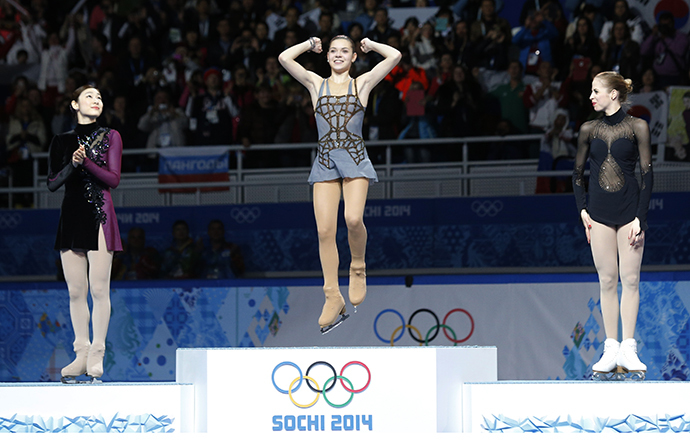
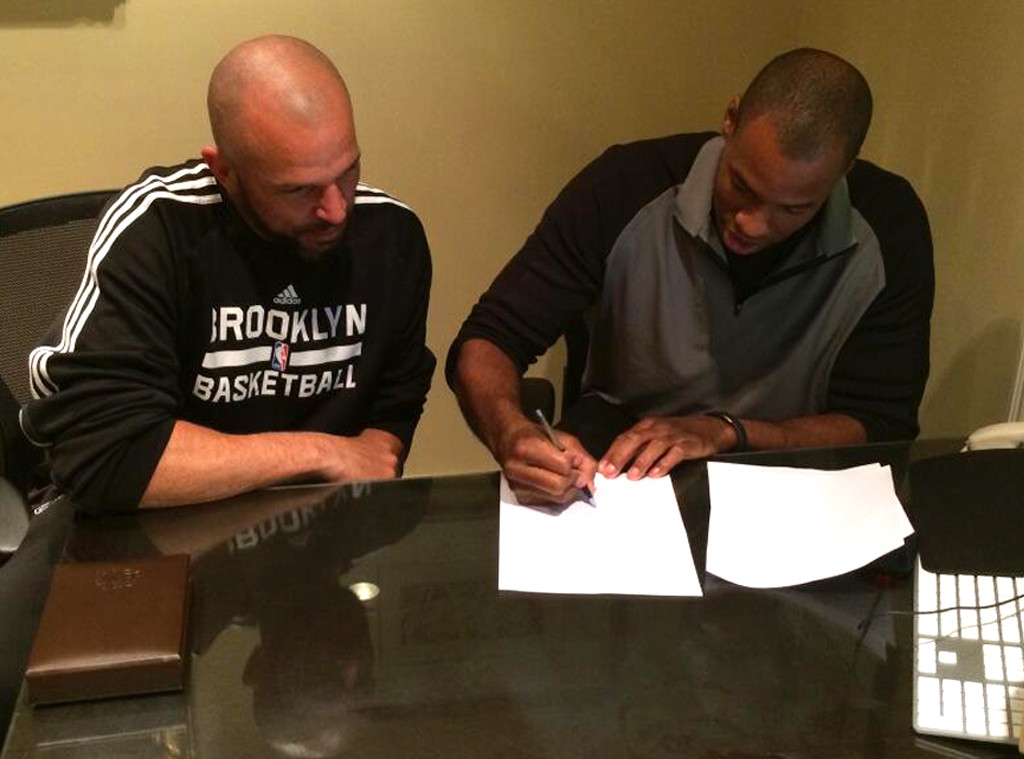
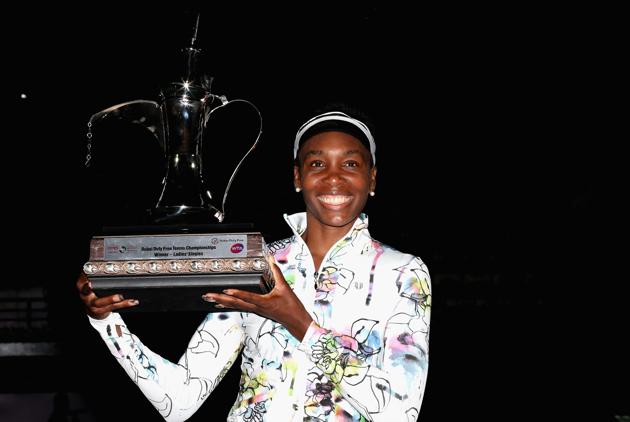
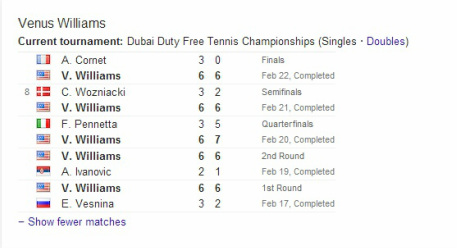
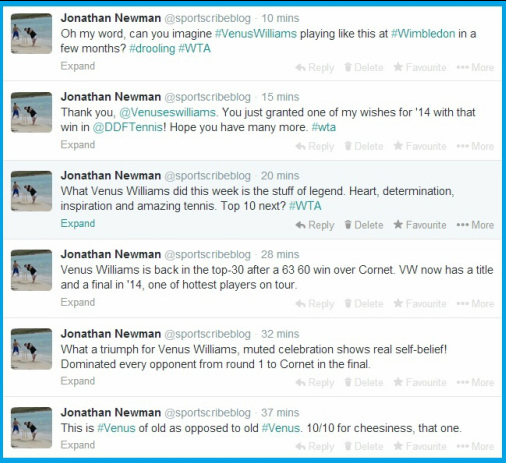
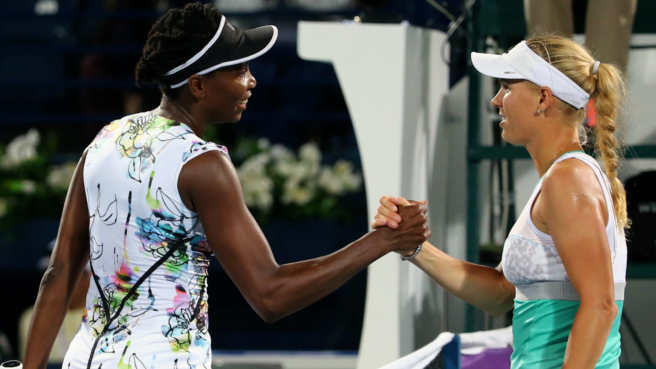
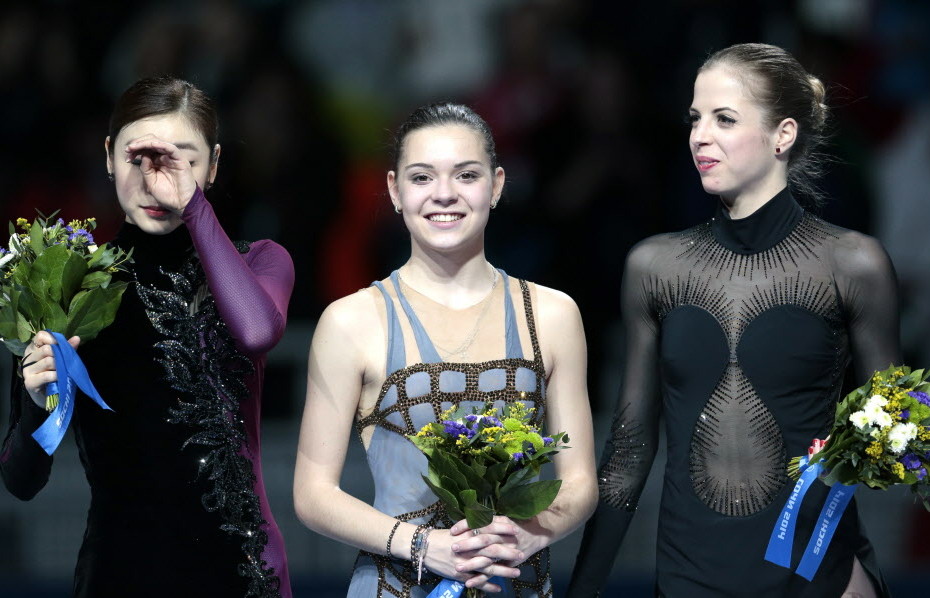
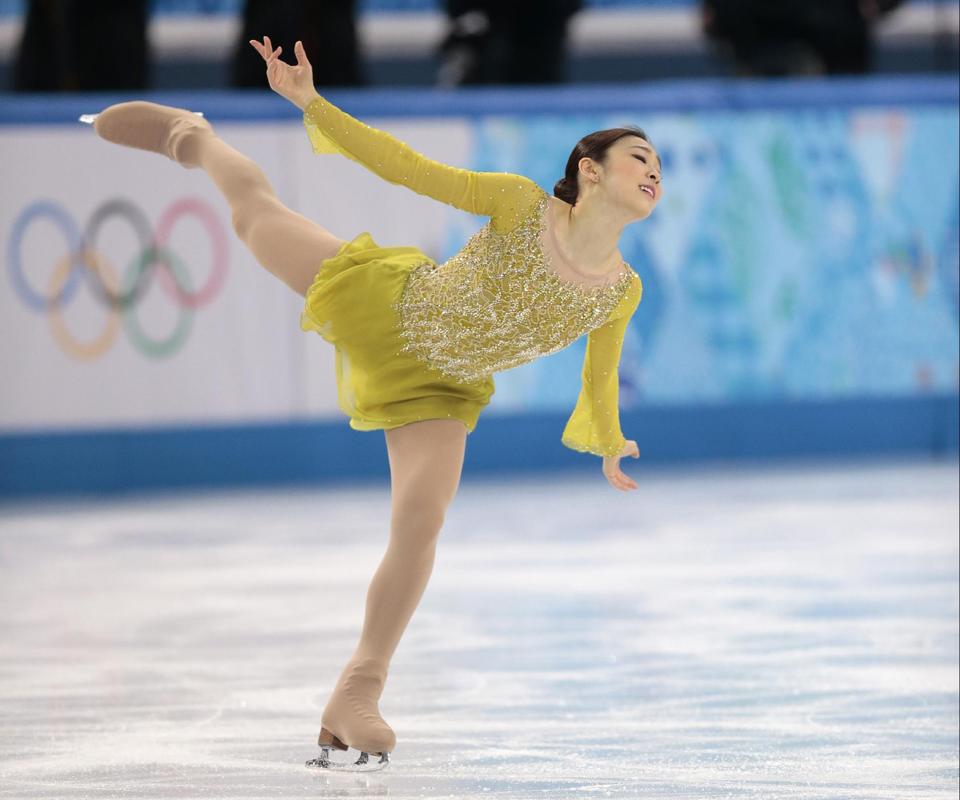
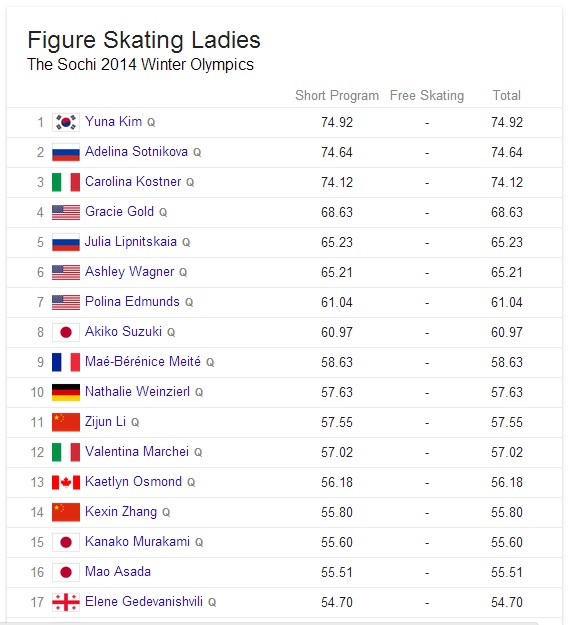

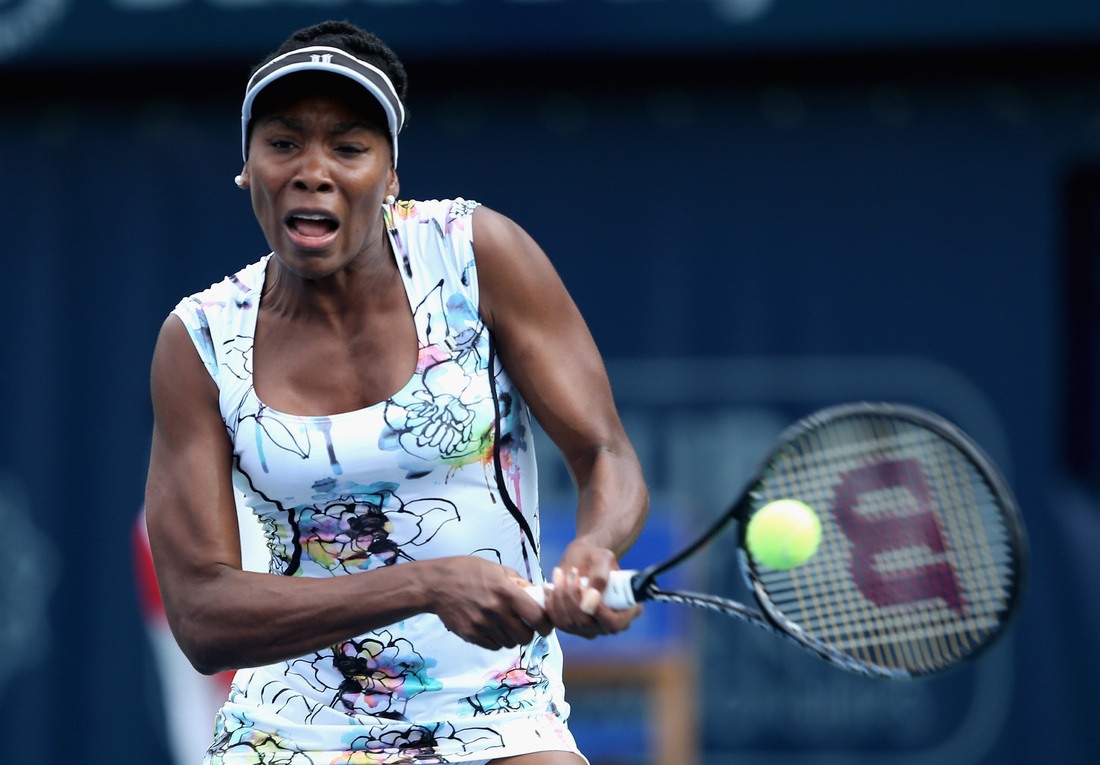
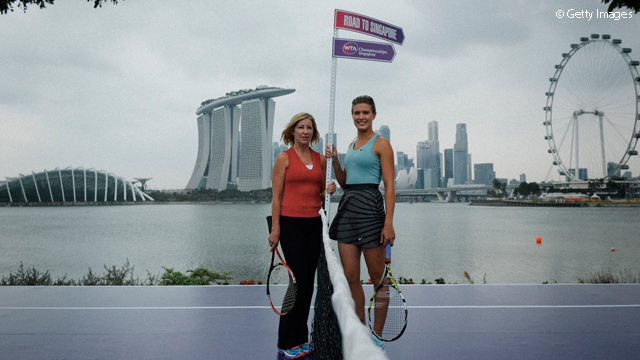

 RSS Feed
RSS Feed